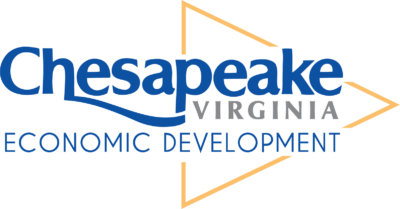
NWBC Unveils New Research on Women’s Access to Capital
Access to Capital Is A Great(er) Challenge For Women
Today, the National Women’s Business Council (NWBC) released new research on High Growth Women-owned Business’ Access to Capital. The report, prepared by Alicia Robb and Susan Coleman of Marin Economic Consulting company, outlines the differences between men and women business owners, regarding the scale of business growth, amount and sources of financial capital, and the relationship between the two. The report findings on women’s financial capital are sobering: on average, women received only two percent of total funding from outside equity. Among the most successful firms, men started their businesses with six times as much capital as women did. Women’s access to capital remains one of the most significant barriers, and is too often the factor preventing the growth of women-owned small businesses. Within the report, the National Women’s Business Council has proposed solutions for women entrepreneurs, advocates, funders and policy makers to remedy the issue of women’s access to financial capital.
“Women need money to grow their businesses, and this report gives us more data showing that the capital they are able to secure is insufficient. The National Women’s Business Council continues to advocate for greater access to capital for women entrepreneurs,” said NWBC Council Member Rose Wang. “Our research on this issue enables us to make recommendations to support the entrepreneurship ecosystem, including government, funders and non-profits. We’ve discovered that on average, men start their businesses with nearly twice as much capital as women – $135,000 vs. $75,000. Among high growth firms, men start with six times as much capital as women. This must change. In order to narrow the entrepreneurship gender gap and truly broaden the pathway for women entrepreneurs, access to financial capital must continue to be a priority.”
“Accessing capital is a great burden for all, but this research again confirms that the burden is greater for women entrepreneurs – and even among those with significant high-growth potential. Too many women underestimate themselves and their business’ growth potential even though the data confirms that they are more likely, than their male counterparts, to see growth. This is something that must be remedied, and the good news is that it can be remedied,” says Amanda Brown, the Executive Director of the National Women’s Business Council. “This data demands action, and really a cultural shift, to better support and enable women business owners. We can narrow the gender gap with more programming geared at women-owned businesses who have high-growth potential, like accelerator and incubator programs, equity financing programs, and business mentorship and training programs; or more women participating in STEM prior to entrepreneurship. Think if there more women on the financing and investing side, as angel investors or members of a venture capital screening committee, or investors doing more to find, and then fund, women entrepreneurs with investment-ready firms. That would change some things, I’m sure of it.”
Access to financial capital remains at the forefront of the NWBC’s agenda. As the government’s only independent voice on economic issues impacting women entrepreneurs, the NWBC will be sharing these report findings with Congress, the U.S. Small Business Administration, and the White House, among others. The full report is available online: High Growth Women-owned Business’ Access to Capital.
For media inquiries or additional information on the report, please contact NWBC Communications Director, Krystal Glass, at Krystal.Glass@nwbc.gov.
—Krystal GlassCommunications DirectorNational Women’s Business CouncilKrystal.Glass@nwbc.govO: 202.205.6829Find us on Facebook and Twitter or sign up for email updates.


